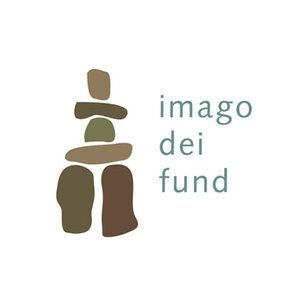
OUR PROGRAMS
Water, Sanitation & Hygiene


Ishure ry'inyenyeri*
This project aims to improve hygiene, health, and SRH education in schools. Inspired by UNICEF’s and GIZ's "three-star school" approach, we promote a shift in perceptions and practices, urging schools to evolve from zero-star to three-star status by focusing on hygiene. We train and equip school guardians, establish school clubs through which we educate and raise awareness, and assess the schools’ needs for water and sanitation facilities, which are addressed through the Isuku project. We operate in all regions where we have community centres and in partnership with the Ministry of Education, and the Ministry of Public Health and fight against AIDS.
*The school of stars
11,830
young girls and boys are members of Inyenyeri school clubs.
843
school educators have been trained on the Three-Star-School approach.

Isuku*
This project aims to improve hygiene, access to water, and sanitation in communities by facilitating the building and rehabilitation of WASH facilities. Beneficiaries include families of members of our VSLAs and some schools enrolled in the Ishure ry’inyenyeri project. The project operates in Bujumbura Rural, Cibitoke, Gitega, Karusi, Ngozi, Kirundo, Muyinga, Ruyigi, and Makamba.
*Hygiene
216
schools now have access to clean water and MHM-friendly sanitation.
4,471
displaced households now have access to clean water and MHM-friendly sanitation.
Impact stories
Promoting menstrual health and hygiene in universities
14 Nov 2024
Access to clean water and proper sanitation remains a challenge in Burundi, affecting health and educational outcomes. In rural Burundi, potable water coverage has been outpaced by rapid population growth. Access to basic sanitation is limited to 27% in urban areas and 15% in rural areas. Furthermore, according to the National Diagnostic of School Infrastructure and Equipment (DNIES), only 45.46% of schools have permanent water access, and even fewer have adequate sanitation facilities. The lack of private and hygienic environments to manage menstruation at school, coupled with inadequate access to sanitary pads, adversely affects female students' academic performance. A UNICEF study in 2016 found that 70.2% of female students do not attend school during their menstrual periods.
Our WASH program focuses on providing infrastructure and education to improve hygiene standards. The aim is to create healthy environments in schools and communities by providing access to clean water, improving sanitation facilities, and promoting hygiene practices. Below are projects that aim to achieve some or all of our Water, Sanitation & Hygiene objectives.
Objectives
Improve access to clean water and adequate sanitation facilities.
Promote hygiene practices among communities to prevent waterborne diseases.
Implement WASH (Water, Sanitation, and Hygiene) programs in schools and communities.
Build local capacity to maintain and manage WASH facilities sustainably.

















